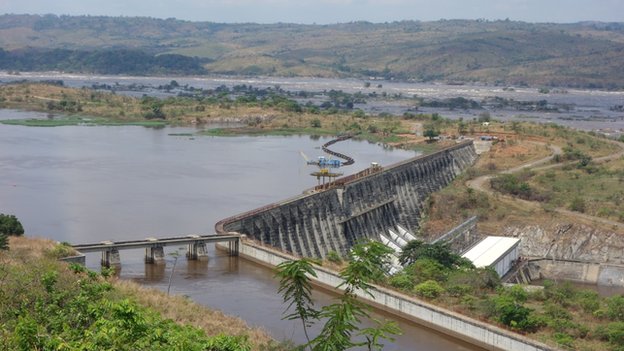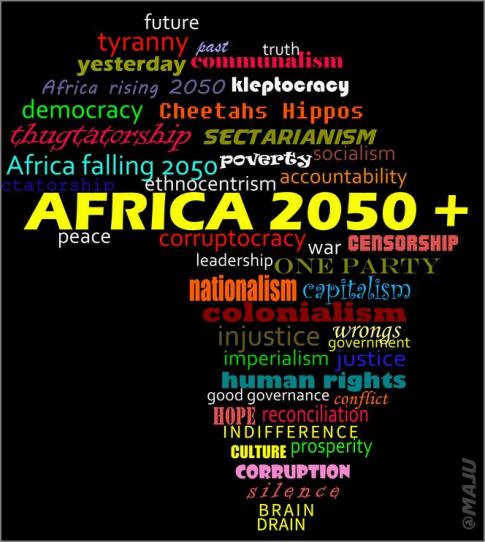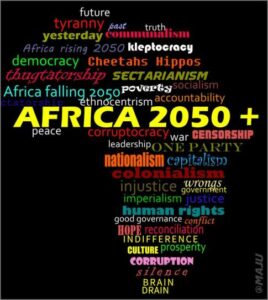The party that emerges as the winner of Kenya’s general election, to be held on 8 August, has an opportunity to supercharge job creation and economic growth by adopting policies that help Small & Medium Businesses to thrive.
That’s according to Nikki Summers (https://goo.gl/y3egeS), Regional Director for Sage in East Africa (www.Sage.com/Africa), the market and technology leader for integrated accounting, HR & payroll, and payment systems. She says that the next government will have a strong framework and foundation to build on, following years of State investment in creating an enabling environment for entrepreneurs and business builders.
“With GDP expected to expand by around 6% this year (https://goo.gl/eRu4gr), Kenya is on the right track for growth,” says Summers. “Improving the ease of doing business and following sound macro-economic policies will help ensure that this pace of growth continues, also offering an environment where Small & Medium Businesses can flourish.”
Summers says that Small & Medium Businesses deserve a special place in government policy because they contribute up to 80% of jobs in an emerging economy such as Kenya. As important as large infrastructure projects are, Small & Medium Businesses are the engines of job creation and the most efficient vehicle for redistributing and creating prosperity for the benefit of ordinary people, she adds.
“The new government should continue to follow the Kenya Vision 2030 (www.Vision2030.go.ke) blueprint, which recognises the crucial role of micro, small and medium business in industrial development,” says Summers. “It should also look at ways of strengthening its various small business funding efforts such as Uwezo Fund (www.Uwezo.go.ke) and the Youth and Women Enterprise Fund, since access to financing remains one of the most significant challenges for entrepreneurs and business builders.”
Improving small business survival rate
According to the Kenya National Bureau of Statistics (KNBS) (www.KNBS.or.ke) around 2.2 million micro small and medium enterprises (MSMEs) shut down in the last five years. Some 30% reported that shortage of operating funds was the reason for their closure, highlighting the importance of sustainable financing in ensuring a healthy environment for small businesses.
“We also believe that technology could play a role in improving the sustainability of small Kenyan businesses and that government could encourage uptake of accounting solutions,” says Summers. “Accounting and payroll software could help entrepreneurs keep more accurate records, comply more easily with government and tax regulations and gain better visibility into financial performance. This could, in turn, improve their financial planning and their ability to manage cash flow.”
Summers says that the present governments’ policies of entrenching Buy-Kenya-Build-Kenya policy (www.Industrialization.go.ke) in public procurement are also to be welcomed. “The procurement budget is one of the best tools government has to help develop emerging businesses,” she adds. “By giving small businesses preferential treatment in tenders, paying them quickly for work they do, and helping them develop skills, government can help them grow their businesses to the next level.”
There should also be closer collaboration between small business forums, big business (including multinationals) and government in nurturing the small business sector. “We at Sage would welcome working with other large companies and government to create forums for education, recognising and rewarding small businesses,” says Summers.
“Mentoring programmes, where business builders can learn from established entrepreneurs and businesspeople, as well as platforms that connect small businesses to big business and government, could all help smaller businesses to grow and thrive.”
Distributed by APO on behalf of Sage.For media queries:
Idea Engineers (PR agency for Sage)
Thuli Lamani
Tel: +27 (0)11 803 0030
Mobile: +27 (0)83 716 2572
ThuliL@IdeaEngineers.co.za
Del-Mari Roberts
Tel: +27 (0)11 803 0030
Mobile: +27 (0)72 5958 053
Del-Mari@IdeaEngineers.co.za
About Sage:
Sage (www.Sage.com) is the market and technology leader for integrated accounting, payroll, and payment systems, supporting the ambition of entrepreneurs and business builders. Today, business builders measure success in strong relationships, partnerships, and communities. It‘s why Sage helps drive today’s business builders with the most intelligent and flexible cloud-enabled software, support, and advice to manage everything from money to people. Daily, more than 13,000 Sage colleagues in 23 countries work with a thriving global community of over 3 million entrepreneurs, business owners, tradespeople, accountants, partners, and developers to champion the success of business builders everywhere. And as a FTSE 100 business, we are passionate about doing business the right way, supporting our local communities through the Sage Foundation.
Sage – the market and technology leader for integrated accounting, payroll, and payment systems, powered by the cloud and supporting the ambition of the world’s entrepreneurs and business builders. Because when business builders do well, we all do.
For more information, visit www.Sage.com.

























